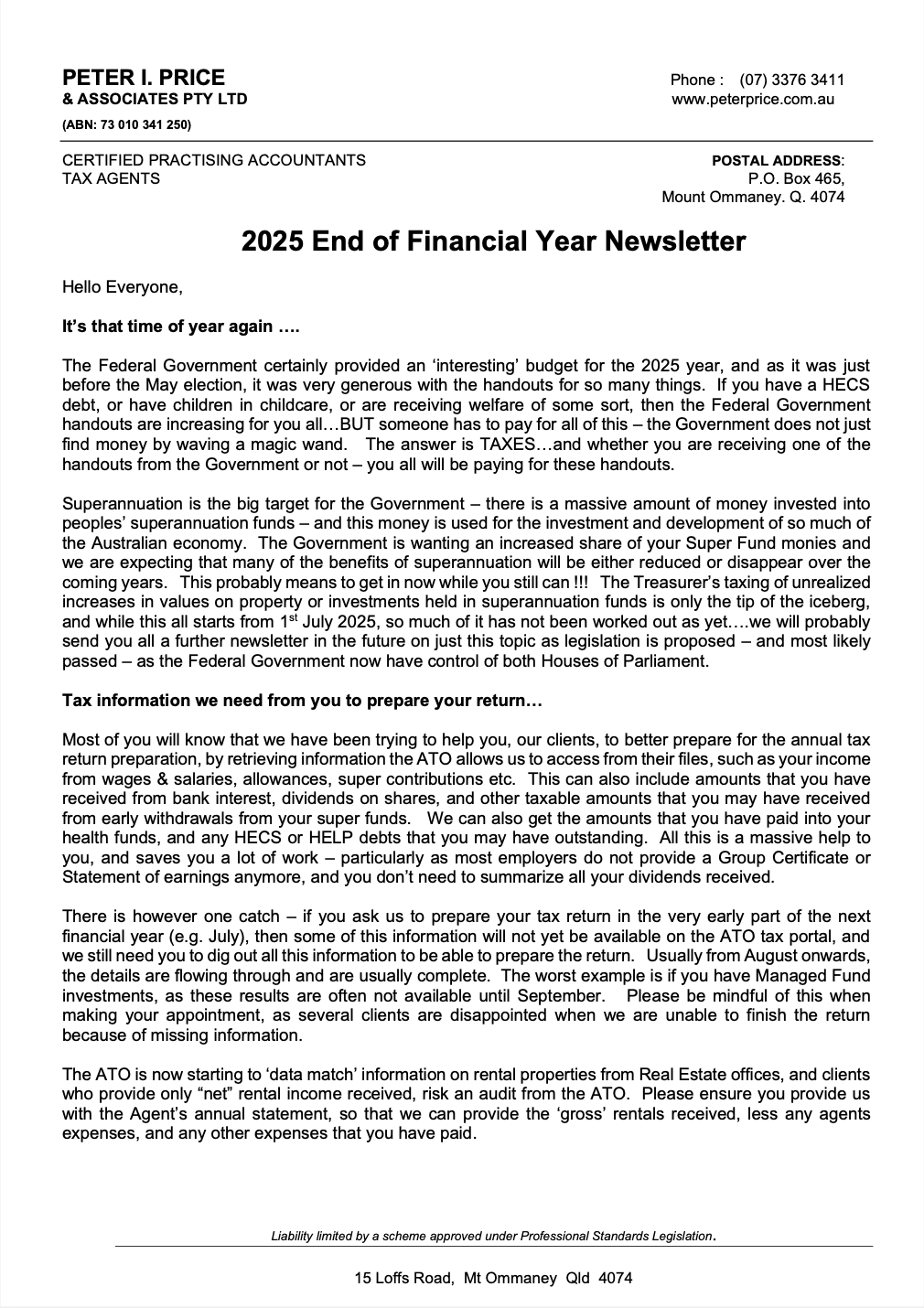ATO’s debts on hold campaign prompts new IGTO guidance

.
The Inspector-General of Taxation Ombudsman, Commonwealth Ombudsman and ACT Ombudsman have published a report advising government agencies about how to tell people they owe money to the government.
The report has been issued off the back of community concerns that were raised last year regarding the ATO’s approach to debt collection.
The ATO issued tens of thousands of letters both to tax agents and individuals in 2023, advising them that previous debts on hold that had been written off as “uneconomic to pursue” would be revived and offset against clients’ tax refunds or credits.
The report explained that notifications about debt to individuals can be a “worrying, traumatic and confusing experience” and can negatively affect people’s wellbeing.
“The impact of being told you owe the government a debt can be increased if the debt is unknown, it’s old, it’s unexpected, or if there is limited information about the reasons for the debt, who to contact for more information or how to challenge the debt, who to contact for more information or how to challenge the debt,” the report stated.
It acknowledged that while agencies must act and are expected to act per the law, they are also obliged to help people and act in the best interests of the Australian community.
“While the law may require agencies to take certain action, agencies are also responsible for determining how they take that action in a way that minimises distress to affected and impacted people,” the guidance stated.
Inspector-General and Taxation Ombudsman, Karen Payne, said the ATO was told by the Australian National Audit Office in 2023 that it needed to review its practice concerning debts classed as “uneconomical to pursue” which is what led the Tax Office to send out letters advising of the debts.
“Now, that didn’t necessarily mean that you should write to all taxpayers telling them that they owe these uneconomical to pursue debts, particularly where the ATO’s own online systems hadn’t caught up. So these [debts] looked invisible frankly to taxpayers,” Payne said, speaking to Accountants Daily.
“What the professional bodies said when they met with the ATO as part of their stewardship group was ‘Well, if you think this is a good idea, then you should tell people what debts they owe, including debts that are on pause, but don’t do that until it can be seen on your system’.
“[However], before the systems were updated to let people know what the debts were, so they could at least marry up what the communication was saying, the Tax Office was writing to people saying you owe these debts including debts of 20 cents. So the whole communication was handled poorly, frankly.”
Commonwealth Ombudsman Iain Anderson said the ATO was previously issued with a report back in 2009 before the IGTO office was established.
“The report contained a recommendation that the ATO should provide further information to taxpayers when the debt is raised including the source of the debt, how much interest has been charged and why it is be raised and how to obtain further information,” the Commonwealth Ombudsman said.
“They agreed or partially agreed to all the recommendations in that report.
“It’s been disappointing that they haven’t done that this time around.”
The Commonwealth Ombudsman said the issues raised in the report are relevant to a whole range of government departments, beyond just the ATO.
“A lot of government departments need to chase debts and a lot of them have issues with how well they communicate with people,” he stated.
“They need to stake steps to put people at the centre of how they do things.”
Individuals need to know what a debt is, where it has come from, particularly where the department is chasing down an old debt, said Anderson.
“The first thing someone does when they get a letter from a government agency saying that they owe money is what have I done? Have I missed something? That’s where an apology really comes in or an explanation to say where the debt comes from and why it’s now being pursued,” he stated.
It is also important that individuals are properly informed so that they can pursue remedies such as contesting the debt, he added.
“Communicating clearly goes beyond chasing debt, it’s something that government agencies need to get much better at.”
The IGTO said that one of the most concerning scenarios concerning debts previously on hold is that taxpayers have limited opportunity to enter payment arrangements.
Payne explained that where the taxpayer has entered into a payment arrangement with the ATO, the Commissioner of Taxation does have the discretion not to automatically offset the debt against the refund.
“The key issue here is that if you’ve got one of these uneconomical to pursue debts and you don’t know that you owe the debt and it is not visible on the ATO’s systems that you owe the debt, then you’re not going to be thinking about entering into a payment arrangement because you don’t even know you have it,” she stated.
“So what we would encourage the Tax Office to think about is that prior to doing the automatic offsetting, tell people that they owe the debt, see if they need to enter into some kind of payment arrangement or payment instalments so that they can at least take the benefit of the discretion that the Commissioner has not to automatically offset these debts.”
Miranda Brownlee
26 March 2024
accountantsdaily.com.au

